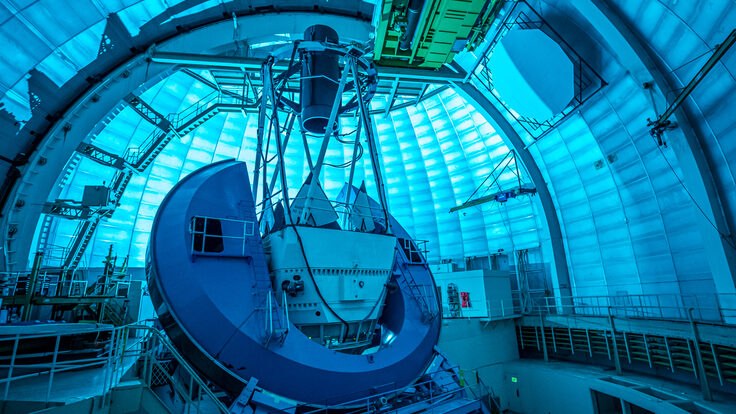The National Academy of Sciences launched a clearinghouse of experts called the Science and Entertainment Exchange for the movie and television industry to tap into in an effort to make entertainment as scientifically accurate as the general population will tolerate.
This is a great idea. Hopefully, the ease and speed at which the academy can produce informed advice on a variety of scientific fields at minimal cost will remove hurdles that can keep producers and screenwriters from double checking scientific plotlines or instrument usage.
Jennifer Ouellette, author of The Physics of The Buffyverse and the blog "Cocktail Party Physics" has been chosen as the program director. Ouellette has a talent for making dry science entertaining and using everyday analogies to break down the barriers of scientific jargon for movie and television viewers. In her latest blog post, she talks about her new position and the increasing use of scientific themes in popular media.
The trend has created strong emotions among scientists and science purists and spawned blogs, articles, and Web sites pointing out when the media gets it wrong, when it gets science correct but reinforce negative science stereotypes and when the media get it right.
You can even find a Web site devoted to using a rating system to rank the accuracy of the physics in film.
One of the best examples right now of depicting science accurately and doing so within one of the most esoteric fields of science--high-energy particle physics--is the television show Numb3rs, which discusses string theory, the search for the Higgs boson, and has a main character working at the DZero experiment at the Tevatron accelerator at Fermilab. The National Science Foundation award the show's producers a service award in 2007 for helping people understand science.
But accuracy isn't always the best policy, some people argue. Science has to pick its battles or lose the overall war of trying to re-engage the public with science as a first step toward eventual public scientifc literacy. In some cases, getting people talking about science, even accurately-fuzzy science, is better than not initiating the dialogue at all, according to articles in symmetry magazine and Popsci.com.
What do you think?






